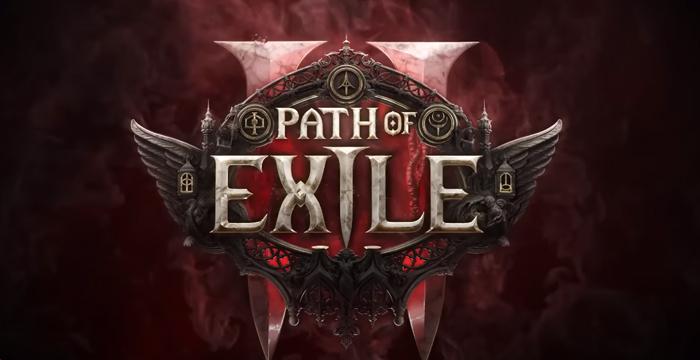Virtual currencies in games have become increasingly influential, not just within the gaming community but also in the broader context of real-world economies. The concept of "poe 2 currency" could further blur the lines between virtual and real-world economies, potentially leading to new economic dynamics.
In games like Path of Exile, players trade in-game items and currencies for real money, creating a market that intersects with real-world economies. This phenomenon has raised questions about the nature of currency and value in both virtual and real-world contexts. The hypothetical "poe 2 currency" could exacerbate this trend, making it more common for players to exchange virtual assets for real money.
Economists are beginning to study these virtual economies to understand their impact on real-world markets. The data from these studies could provide insights into how virtual currencies influence consumer behavior and economic trends. For instance, the popularity of certain in-game items can reflect broader cultural or economic shifts.
Moreover, the rise of virtual currencies has prompted discussions about regulation and taxation. Governments are grappling with how to treat transactions involving virtual currencies, especially when they involve real money. The concept of "poe 2 currency" might complicate these discussions further, as it could introduce new forms of virtual wealth that need to be accounted for in economic policies.
In conclusion, virtual currencies in games are having a tangible impact on real-world economies. The idea of "poe 2 currency" highlights the need for continued research and policy development to address the evolving relationship between virtual and real-world economic systems.
